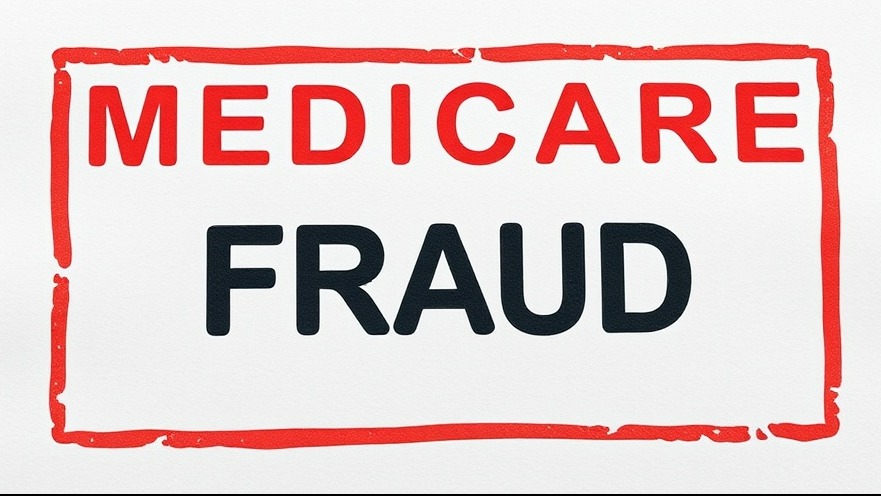
Unpacking Medicare Fraud: Implications for Medical Practices
The recent announcement of a $227 million Medicare fraud case involving false claims for COVID-19 test kits raises significant concerns for all healthcare providers, especially those in concierge medicine. Two Illinois men have been charged for operating a fraudulent scheme that exploited the Medicare system by submitting claims for kits that never existed, targeting even deceased beneficiaries. The fallout from this case serves as a critical reminder of the importance of ethical practices and compliance in healthcare. As concierge medical practice owners, vigilance against fraud is essential not just for regulatory compliance but also to maintain patient trust.
Advocacy Against Pesticide Harms: A Focus for Future Health
In a compelling development, over 360 members of the Make America Healthy Again (MAHA) movement have urged RFK Jr. to keep pesticides firmly on the agenda. Their call comes in response to attempts by agrochemical companies and certain lawmakers to undermine legislation that holds these companies accountable for their products' health impacts. Such advocacy highlights the growing role of public health concerns in the political arena and underscores the value of patient advocacy for concierge practices. As a practice owner, aligning with community health initiatives enhances your reputation and demonstrates a commitment to promoting healthy environments for your patients.
New Research on Ultra-Processed Foods: A Game Changer for Diet Studies
Groundbreaking research from NIH scientists has developed a poly-metabolite score to objectively measure ultra-processed food intake, a vital tool that could reshape dietary assessments within medical practices. This biomarker approach not only refines our understanding of diet-related health issues but also liberates physicians from the inherent biases of self-reported food intake data. For concierge doctors, integrating such research findings into patient consultations can elevate practice standards and enhance patient outcomes by promoting healthier dietary habits.
Financial Implications of Healthcare Fraud: Protecting Your Practice
The financial motivations driving Medicare fraud schemes underscore a critical lesson for concierge practices. Understanding the ways in which fraudulent activities can affect reimbursements and the financial viability of legitimate practices is imperative. Practice owners must be proactive in implementing robust compliance protocols and educating staff on ethical standards to mitigate risks associated with fraudulent activities. Investing in compliance training may seem unnecessary, but it is a small price to pay compared to the potential legal and financial repercussions of a fraud investigation.
Combining Health Advocacy with Business Strategy
For concierge medical practice owners, understanding and addressing health advocacy issues helps enhance their reputation within the community while also driving business growth. Engaging in advocacy related to pesticide regulations or dietary assessments allows practitioners to become trusted health leaders in their communities. This dual role not only strengthens patient relationships but can also open avenues for collaboration with other health-focused organizations, ultimately driving more patient referrals.
As you digest these insights and understand their ramifications for your practice, I encourage you to assess your current policies and engage with advocacy as part of your growth strategy. Navigating the complexities of healthcare requires not just clinical excellence but also strategic business decisions to secure your standing as a leader in concierge medicine. By incorporating sound advocacy and ethical practices, you can fortify your practice against fraud while enhancing community trust and health outcomes.
 Add Row
Add Row  Add
Add 






Write A Comment